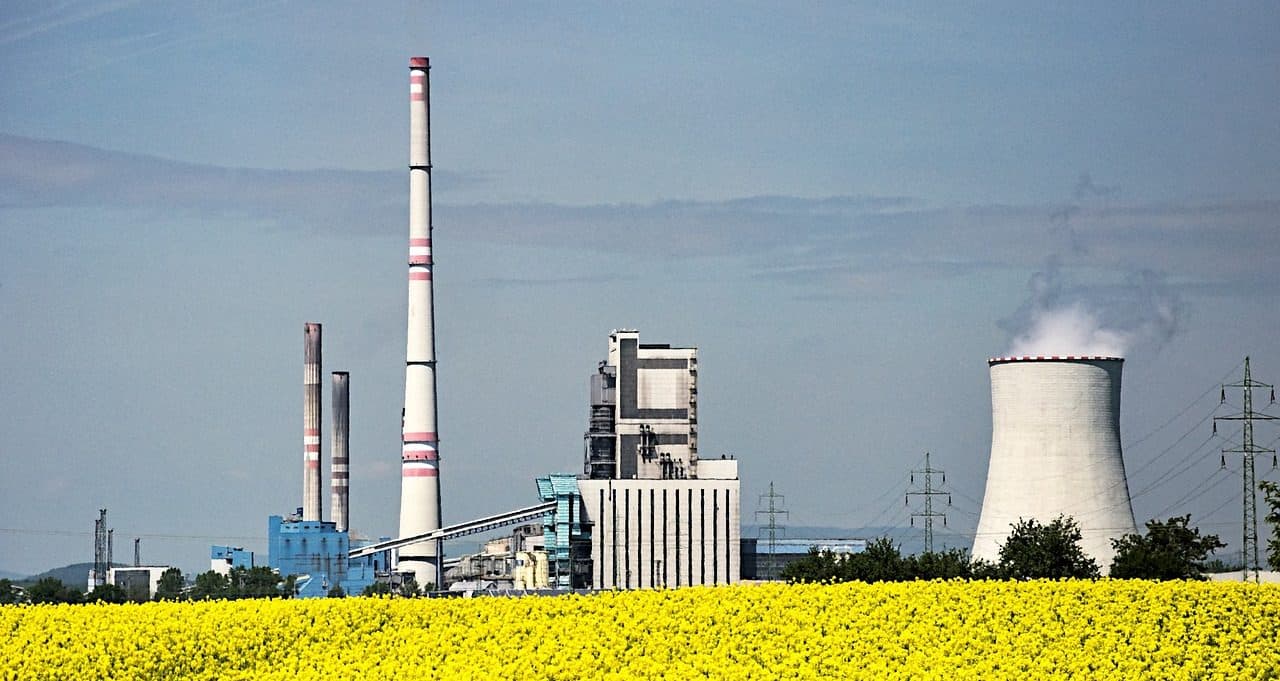
Avoiding resource depletion is key to energy security.
Energy security is a concept that refers to the sustainable supply of energy . The notion refers to generation and supply that must be carried out in a sustainable manner both economically and environmentally.
The idea of energy security is also associated with the satisfaction of energy demand through relevant mechanisms. It must be taken into account that most countries do not have the sufficient energy resources that their economy needs, which is why they must resort to energy imports.
What is energy security
Energy security can be understood as the continuous process that is carried out to guarantee the amount of energy required by a society for the development of its activities . If this process is interrupted, energy security is violated since demand may be unsatisfied.
In this framework, the variables of the economy and environmental care must be considered. A safe energy system is one that can be maintained over time without depletion and without jeopardizing the well-being and progress of future generations .
This means that energy security must consider short- and long-term measures. Natural resources, international relations, economic activity and environmental conditions are some of the issues that must be addressed.

Energy security requires sustainability in energy production.
Renewable and non-renewable resources
Energy sources can be renewable or non-renewable. We speak of renewable energy when it comes from natural resources that can regenerate themselves or that are virtually inexhaustible: solar energy , wind energy and hydroelectric energy (such as tidal energy ) are part of this group.
Non-renewable energy , on the other hand, is found in limited quantities and cannot be regenerated in the time frames that human beings demand. Coal , natural gas and oil are sources of this class. Nuclear energy is also considered non-renewable.
The energy infrastructure, therefore, cannot depend exclusively on non-renewable energies: a matrix of this type threatens energy security. If fossil fuels run out, the demand for energy would remain unmet.
It is essential, therefore, that the energy supply is based on a growing level of renewable sources. By reducing energy dependence on fossil resources, greater security of supply can be achieved. That is why energy diversification is also referred to.

The use of biofuels can contribute to energy security.
Energy security and pollution
The importance of the adoption of renewable energies in the framework of promoting energy security is also associated with environmental care. The energy transition is promoted as part of the fight against climate change that threatens the subsistence of the entire world.
The carbon emissions produced by fossil fuels accumulate in the atmosphere and cause the so-called greenhouse effect : the sun's rays that bounce off the surface do not return to outer space due to pollution , increasing the temperature and encouraging global warming .
To reduce the impact caused by humans on climate change, international energy policy has created various agreements and instruments that seek to reduce the carbon footprint . Through the Kyoto Protocol and the Paris Agreement , for example, commitments to reduce emissions were achieved.
Energy security, in short, is also related to more planet-friendly energy generation. It is common to promote electrification for mobility and heating, to mention a few possibilities: an electric car pollutes less than one that requires gasoline or gasoline.
Main threats
It should be noted that energy security can be threatened by multiple factors. One of them is physical : in regions whose geology makes it easy to obtain fossil fuels, the transition to other energy sources is complex.
The economy also has a direct impact on energy security. Whether due to the costs of energy extraction or import, there are countries that have difficulties obtaining the energy they need.
Lack of energy technology and political conflicts can also affect energy supply. In these cases, an energy crisis may break out, making sustainable development impossible.
Boosting energy security
Promoting energy security is a responsibility of the State. Government leaders must apply measures that help guarantee sustainable supply , satisfying the demand of the population.
Energy regulation , in this context, is essential. An energy law can provide incentives for the adoption of renewable sources: thus the use of some clean energy is privileged.
Regulating energy markets is also important. If energy prices increase excessively and the resource becomes inaccessible, there is no energy security possible.
As we already pointed out, these problems do not only concern national states. The global community takes part in the matter through the United Nations ( UN ) and other associations.
